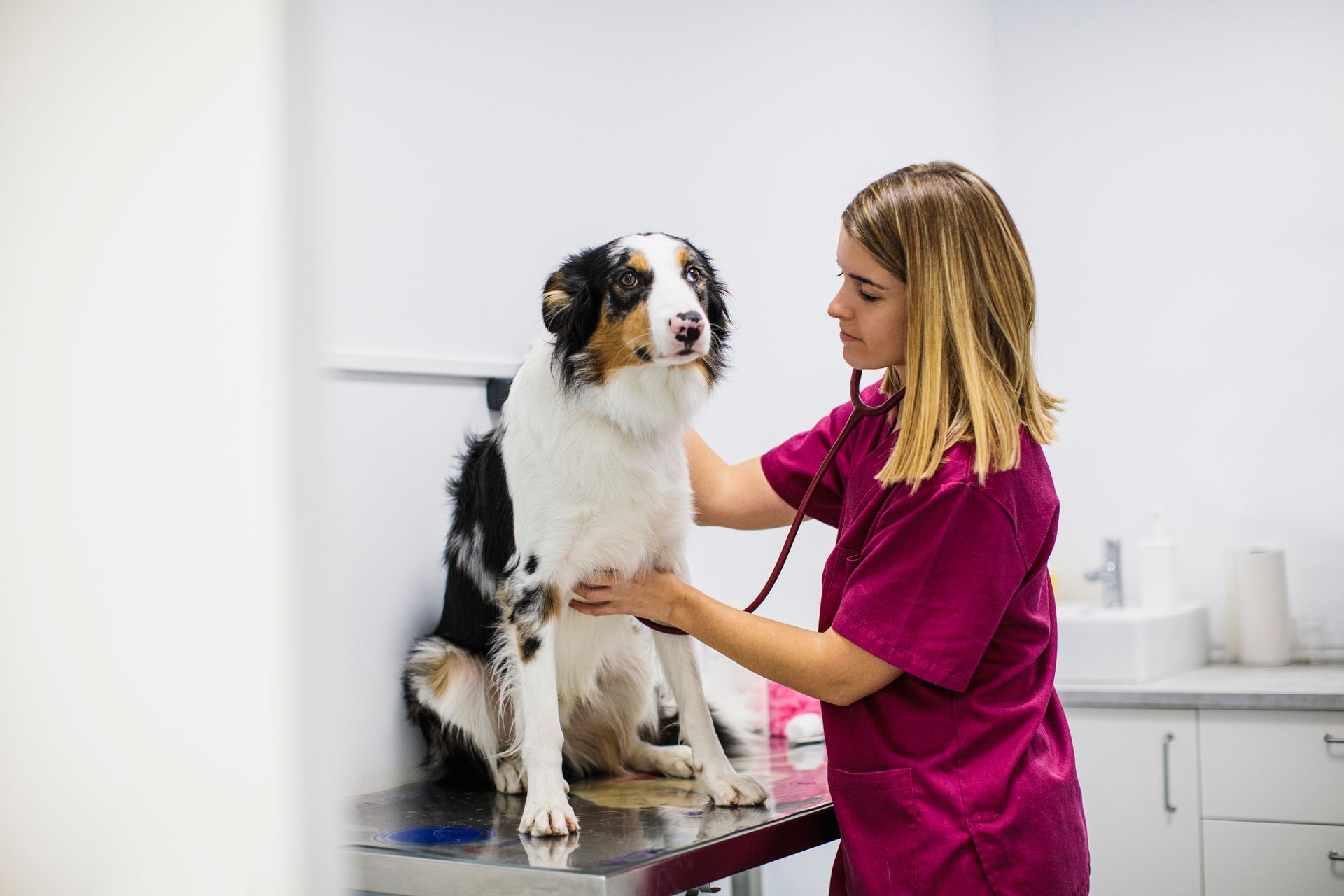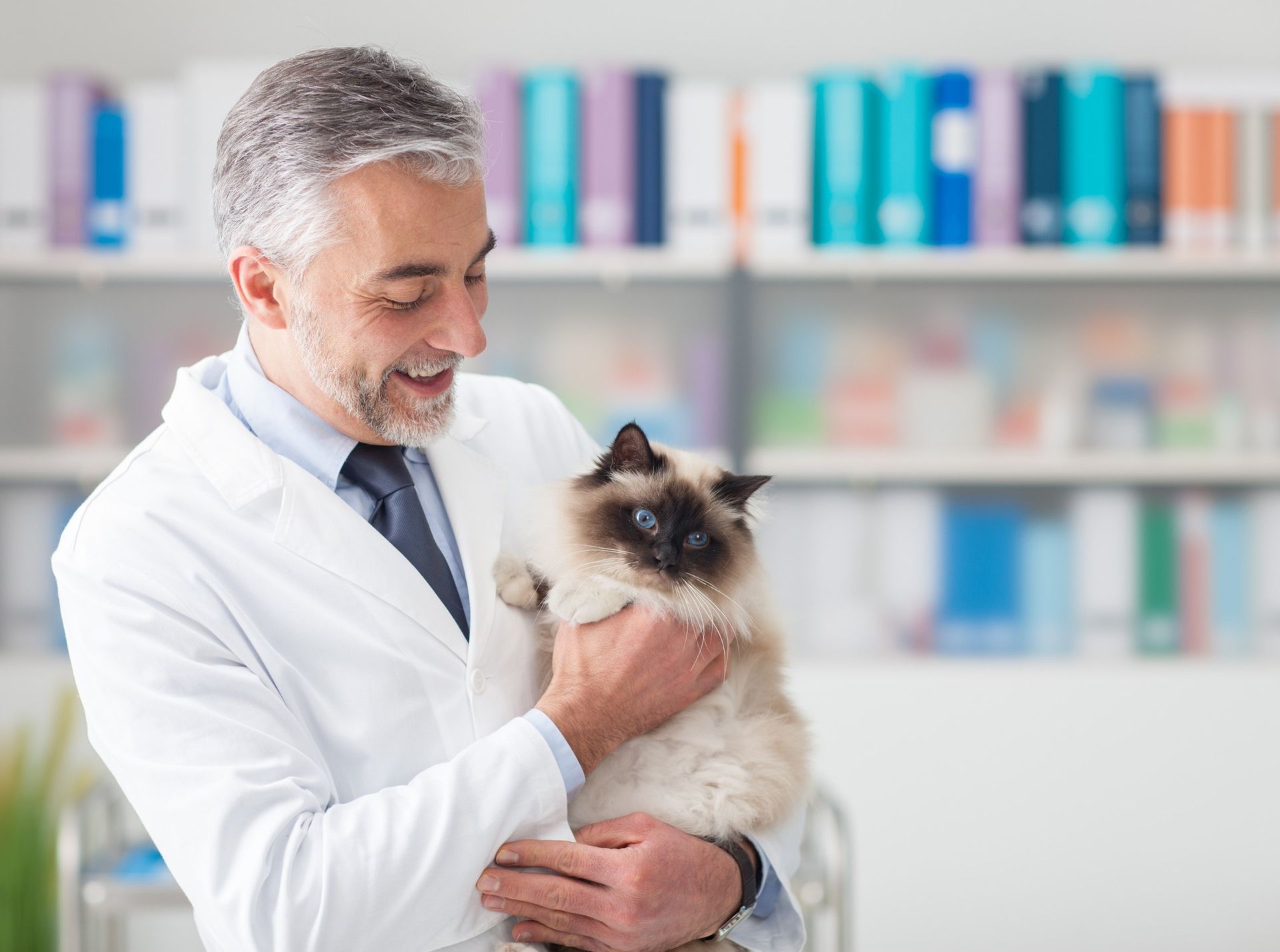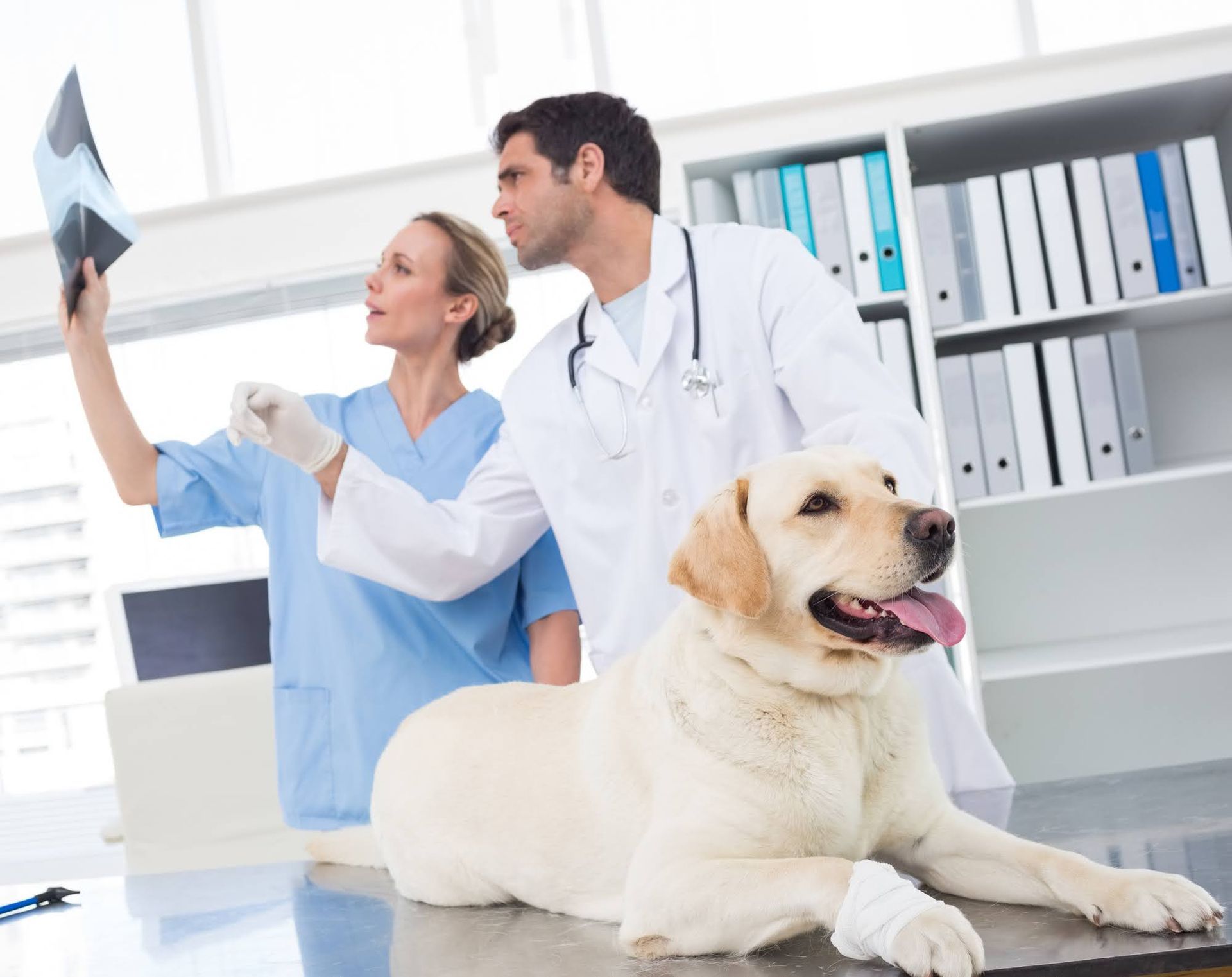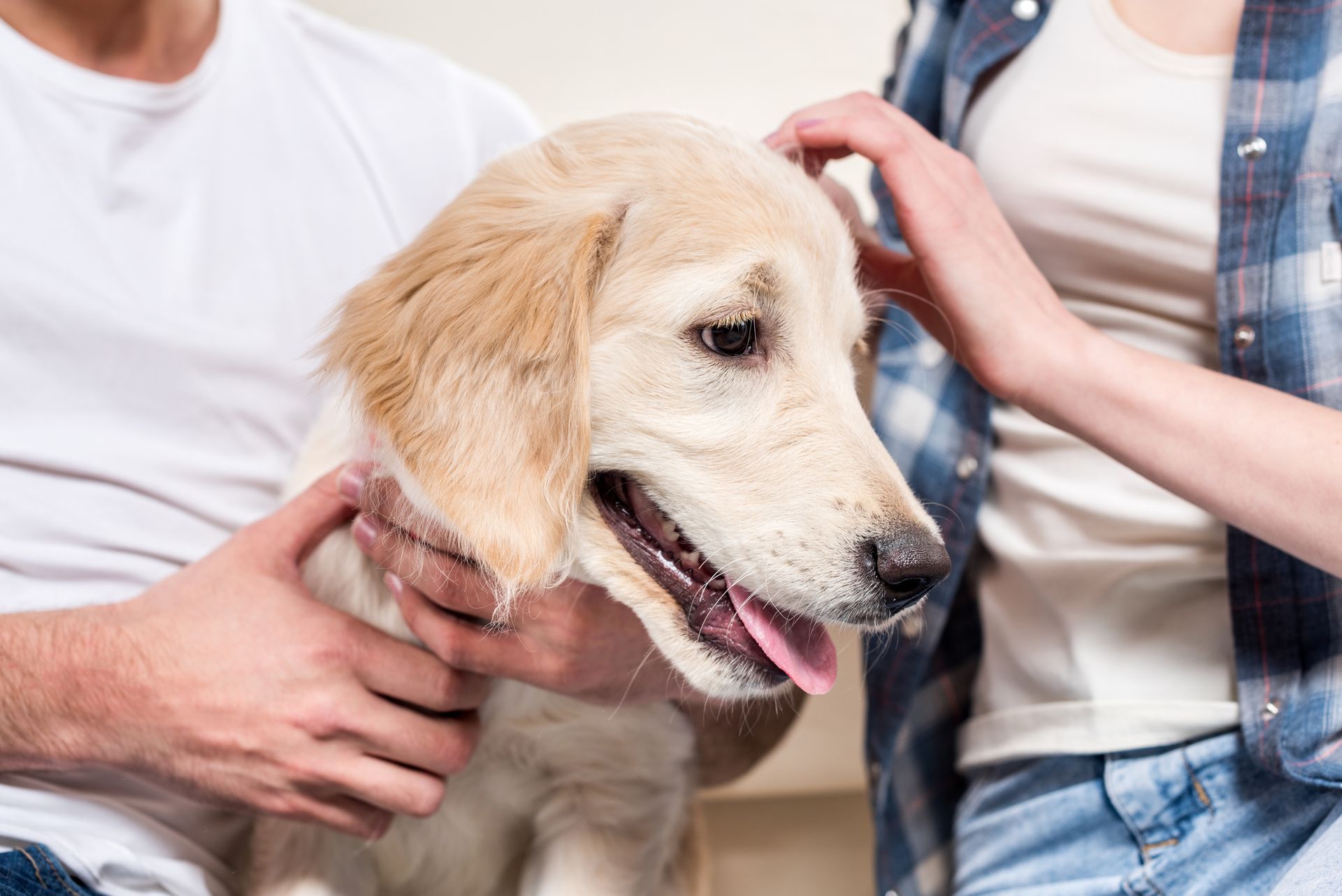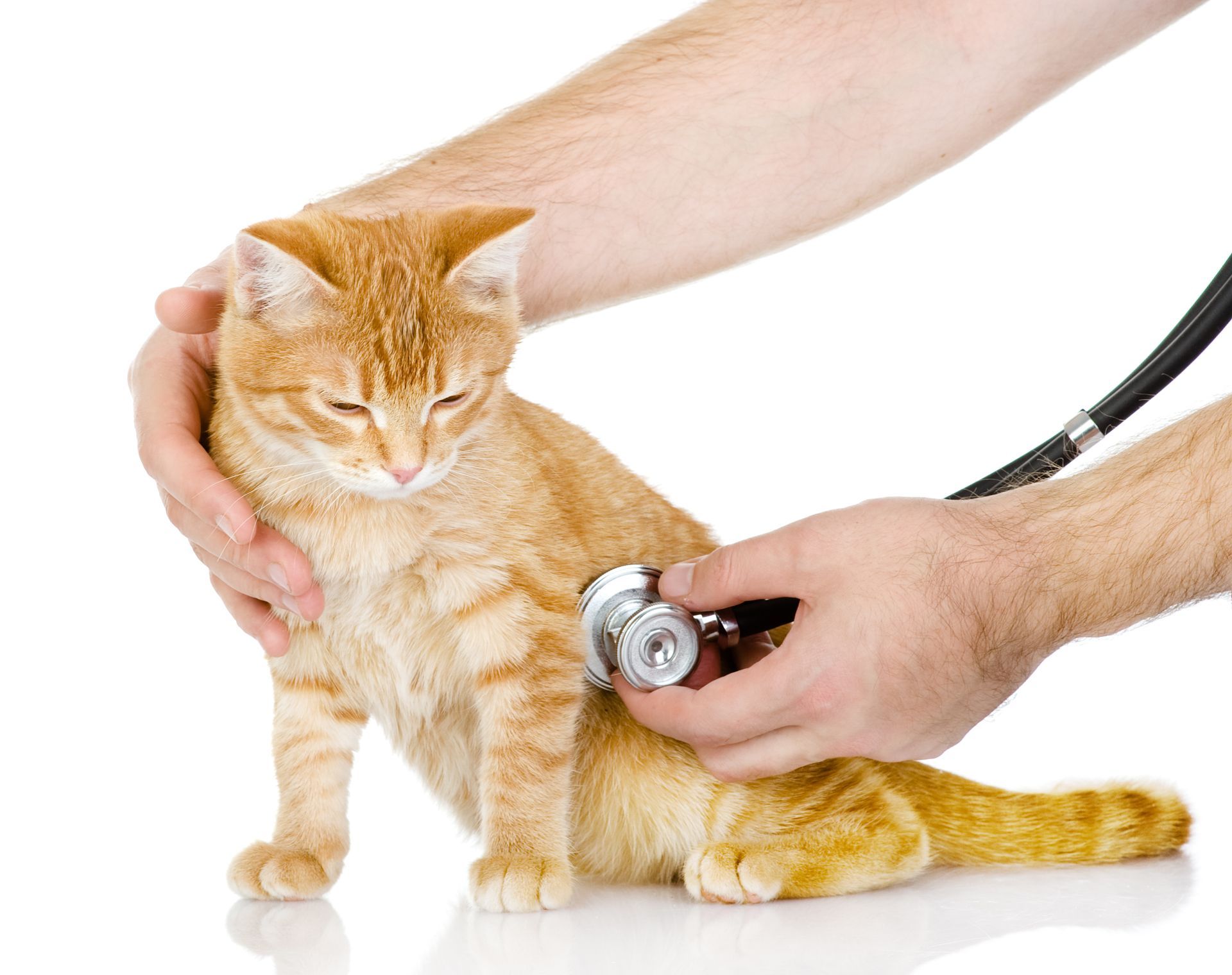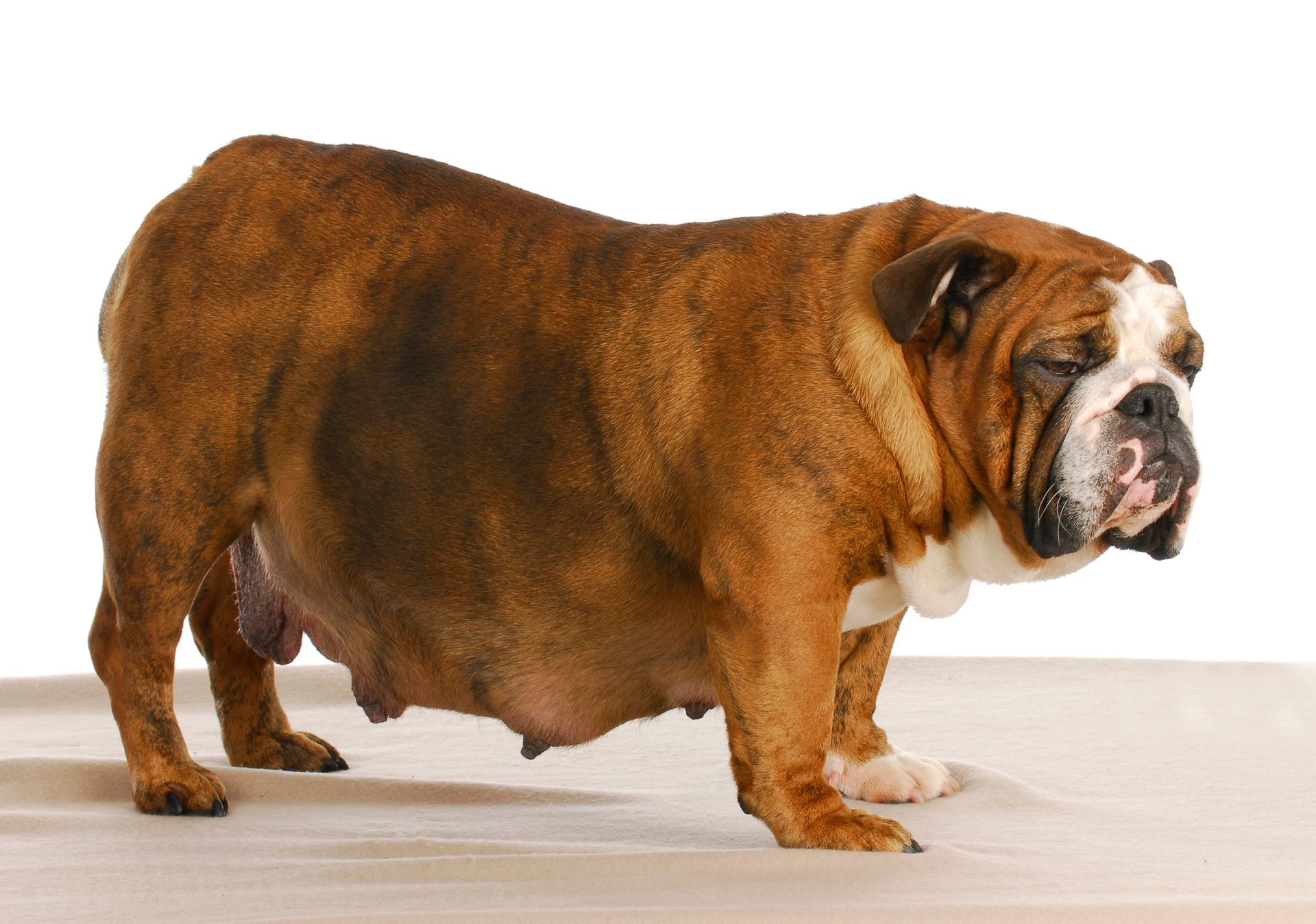What to Do if Another Animal Attacks Your Dog
Many individuals view their dogs as a furry extension of their family; it's only natural that you want to do everything in your power to keep your pooch healthy. Unfortunately, sometimes incidents occur that are outside of our control, like an animal or dog attack.
If another pet or wild animal bites or attacks your dog, you should know what steps to take to get your pup on the path to recovery or even save their life. Here are a few things you need to do if another animal attacks your dog.
1. Get the Other Animal Away From Your Dog
The first thing you need to do is get the other animal away from your dog so that you can safely assess your dog's condition. However, it's important to break up the altercation without putting yourself at risk.
Avoid grabbing the attacking animal by the neck or head when you're trying to separate it from your dog; this puts you at risk of being attacked or bitten. Instead, try to stop the attack by distracting the animals.
You might bang a shovel or rake so that it makes a loud noise and attracts the attention of the other animal. Look around a long object, like a board or even a thick tree branch, that you can place between the animal and your dog to stop the fight. If there's a water hose nearby, you can try to spray the animal to stop their attack.
If you can't get the other animal off your dog, or if you're concerned that your dog is in immediate danger, you can try to physically stop the attack by quickly pulling on the animal's haunches or rear. Another option is to use a chemical deterrent, like pepper spray or even bug spray, to stop the altercation. Walk or gently carry your dog away from the animal.
2. Tend to Your Dog's Wounds and Seek Medical Attention
Once your dog is away from the other animal, you can better determine what injuries your dog suffered due to the attack. The severity of injuries caused by an animal attack can vary dramatically depending on the details of the incident.
If your dog suffered severe injuries, such as large, gaping wounds that reveal the internal organs or muscles, wrap your dog in a towel or blanket and seek veterinarian attention immediately. Should you find yourself struggling to move your dog due to their weight, you can position a blanket or sheet underneath them so that it creates a makeshift stretcher.
Apply firm pressure with a clean towel to any areas on your dog that are still bleeding. Even if your dog seems like they're okay, or they only have a small wound, you should take them to the vet as soon as possible.
Bite wounds have a high probability of infection, and your dog may have additional scratches or injuries that you can't see due to their fur. Animal bites can also cause internal bleeding or nerve damage that isn't readily apparent.
3. Gather Proof That Your Dog is Current on Their Rabies Vaccination
As soon as you can, gather documentation that your dog is up to date on their rabies vaccination. If you've lost or misplaced their rabies certificate, you can likely obtain an additional copy by contacting the vet who administered the vaccination.
If your dog's rabies vaccination has lapsed and you don't know if the animal that attacked your dog was rabid, be prepared to quarantine your dog. Quarantine is necessary to ensure that your dog didn't contract rabies during the attack. Some towns even require unvaccinated pets to be quarantined for a specified period after a bite from an animal whose rabies status is unknown.
Has your dog been attacked or hurt? Is your dog overdue for a checkup? Contact Angel Pet Hospital today to schedule an appointment.



